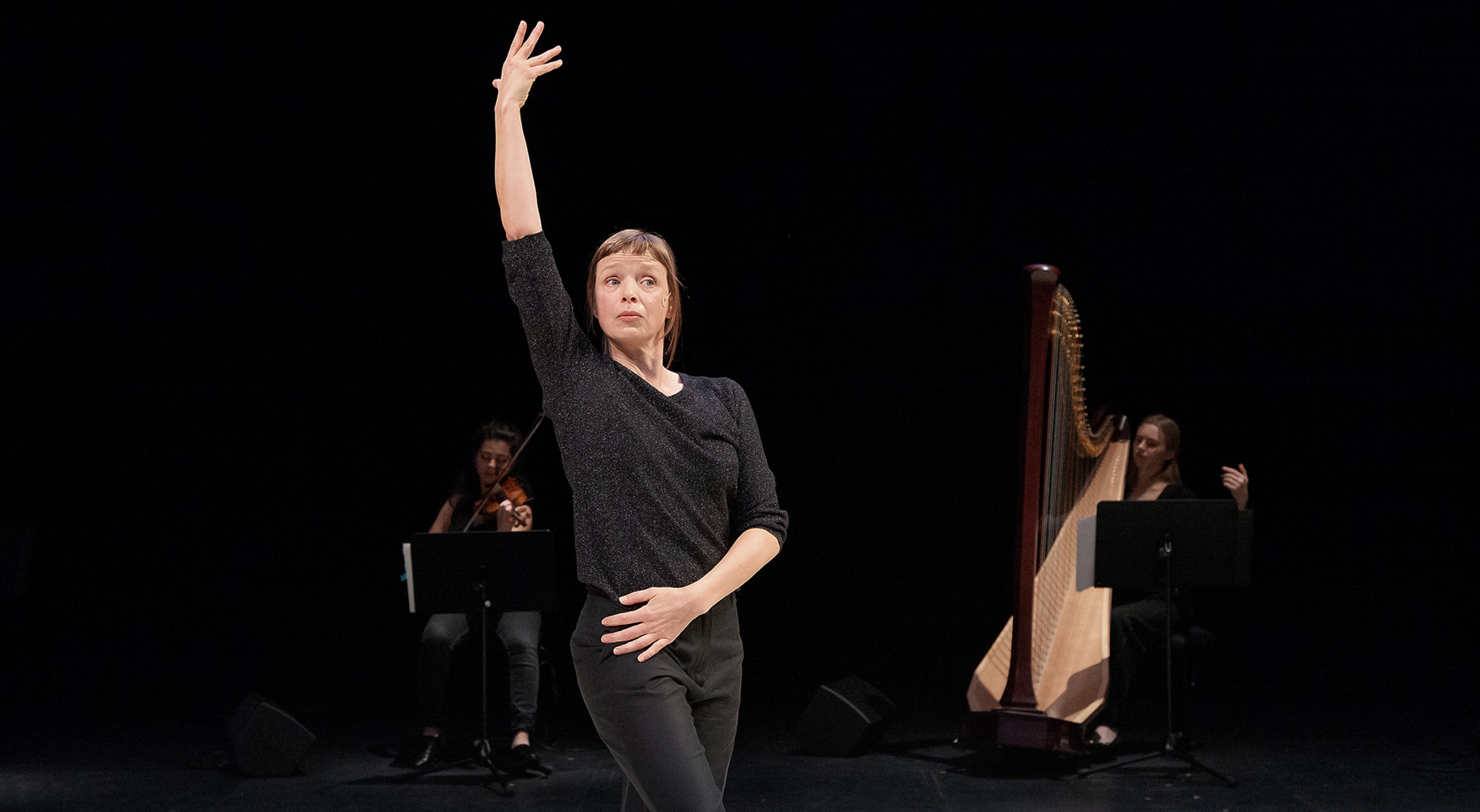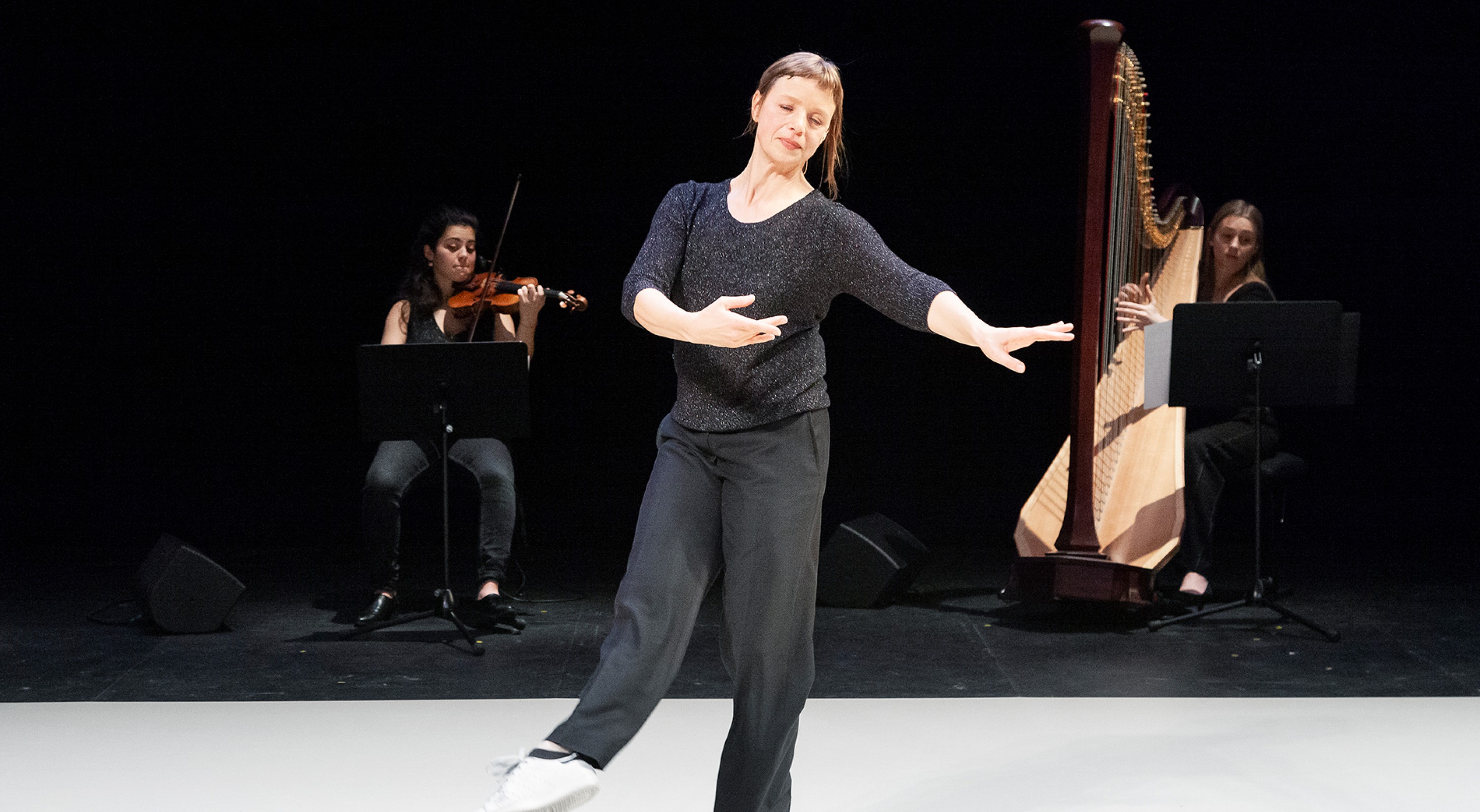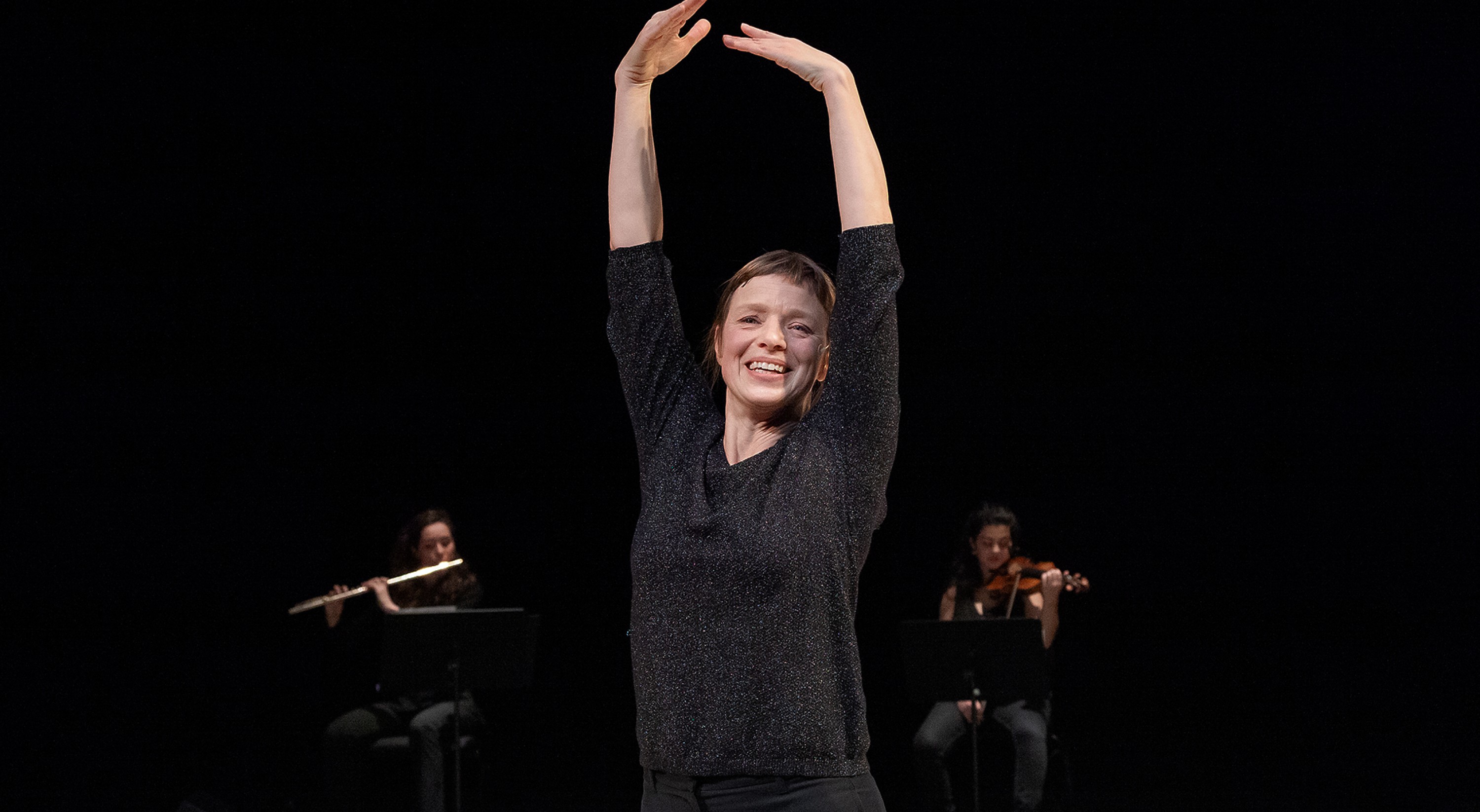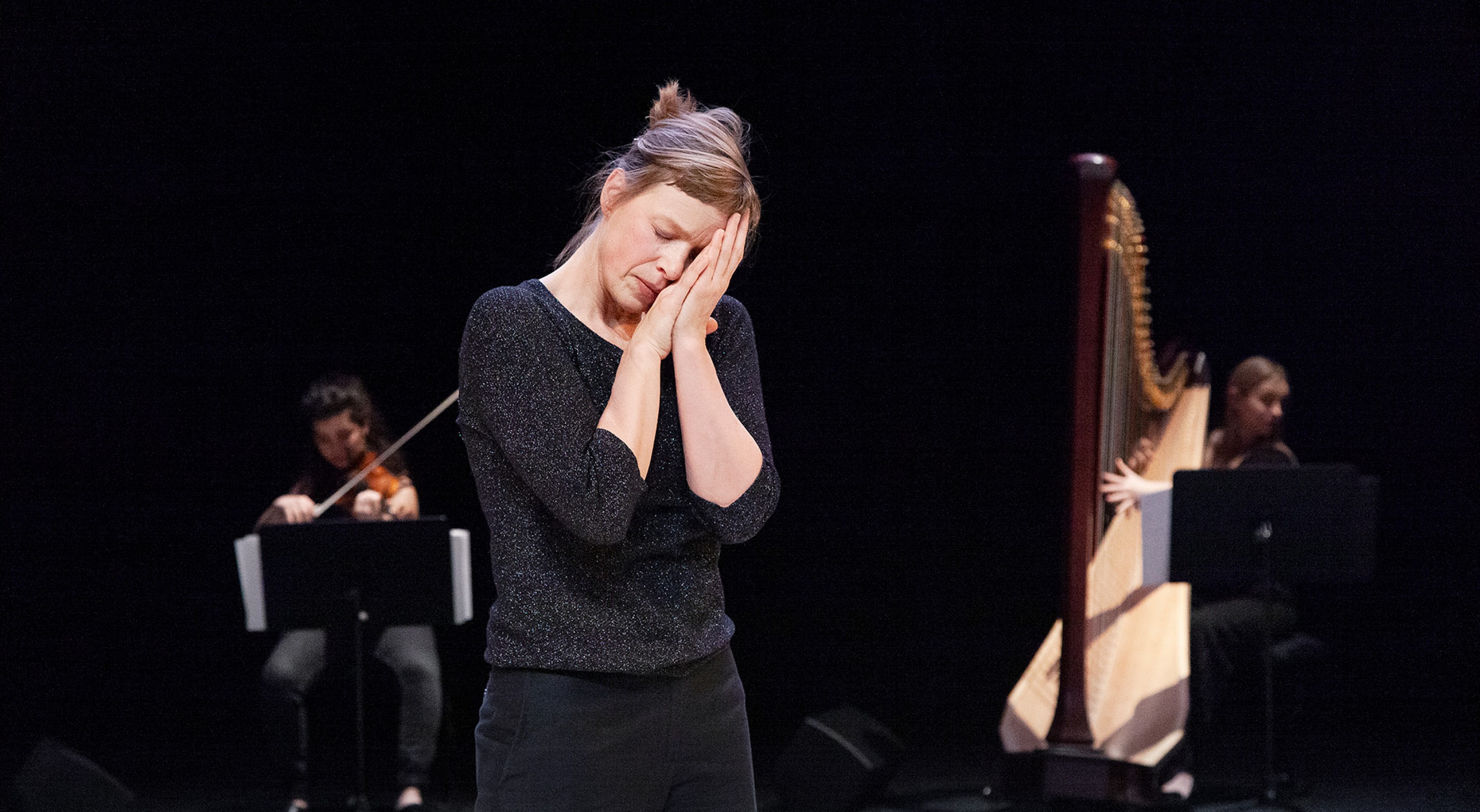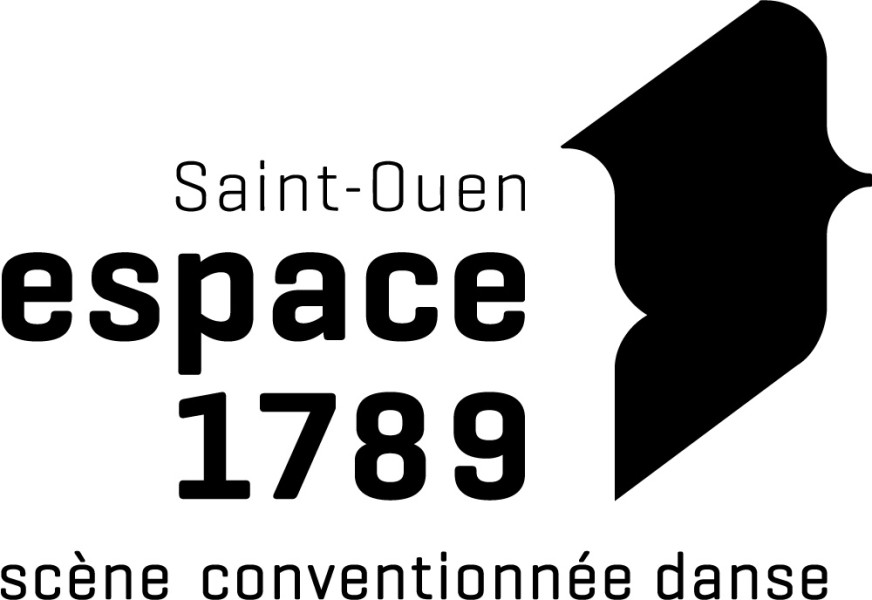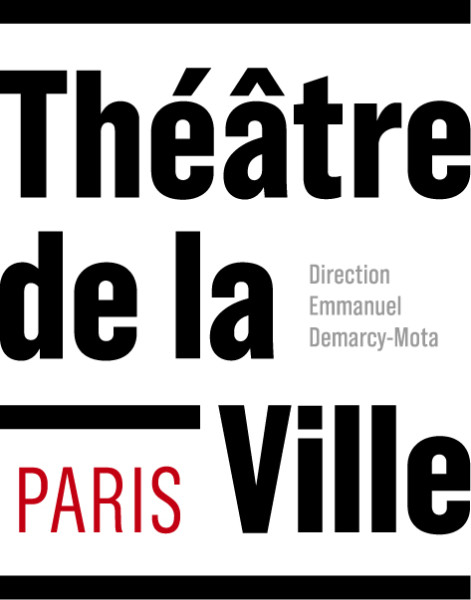François Gremaud
Giselle...
decemberdec 11
decemberdec 14
decemberdec 17 – 30
Concept and direction, François Gremaud
With Samantha van Wissen
Music, Luca Antignani, based on the work by Adolphe Adam
Performer-musicians, Léa Al-Saghir (violon), Tjasha Gafner (harp), Hélèna Macherel (flute), Sara Zazo Romero (saxophone)
Text, François Gremaud, based on the work by Théophile Gautier and Jules-Henri Vernoy de Saint-Georges
Choreography, Samantha van Wissen, based on the work by Jean Coralli and Jules Perrot
Assistant, Wanda Bernasconi
Sound, Bart Aga
This show is presented in association with Théâtre de la Ville-Paris and Festival d’Automne à Paris.
A production by 2B company
A coproduction by Théâtre Vidy-Lausanne ; Théâtre Saint-Gervais (Geneva) ; Bonlieu scène nationale Annecy ; and Malraux, scène nationale Chambéry Savoie as part of the PEPS project – Plateforme Européenne de Production Scénique
In association with Théâtre de la Ville-Paris ; and Festival d’Automne à Paris
With support from Fondation suisse pour la culture Pro Helvetia
With support from the PEPS Programme for European territorial cooperation INTERREG V, Ville de Lausanne et le Canton de Vaud, Loterie Romande, Ernst Göhner Stiftung, Fondation Leenaards, Pour-cent culturel Migros Vaud, and Fondation Suisse des Artistes Interprètes
Giselle… is not Giselle : Giselle… is a theatrical, musical and choreographic piece about Giselle, a monumental figure in Romantic ballet. With Samantha van Wissen – who we have seen dance in productions by Anne Teresa De Keersmaeker and Thomas Hauert –, François Gremaud reshuffles the pack, and by means of suspension points, allows us to catch a glimpse of joy.
On an empty stage, an orator appears. The performer Samantha van Wissen begins by telling the story of Giselle, its context, aesthetics, and fable, and ends up dancing the ballet in her own way. Drawing upon her contemporary vocabulary, she retraces the main scenes, re-enacts the pantomime and plays down the classical language. Following on from Phèdre !, François Gremaud brings us the second opus in a triptych centred upon tragic female figures from the classical performing arts, thereby continuing his development of a stylistic mechanism which consists of reducing a piece into a « paraphrase » for an orator. His mischievous text stratifies the playing levels between the ballet's heroine, main character and performer. Played live, Luca Antignani's score re-instrumentalises the original work and adds a iconoclastic saxophone to the flute, harp and violin trio. If Giselle is a declaration of love, Giselle… is a celebration of joy, the « force majeure » of which the philosopher Clément Rosset is so fond.
In the same place
